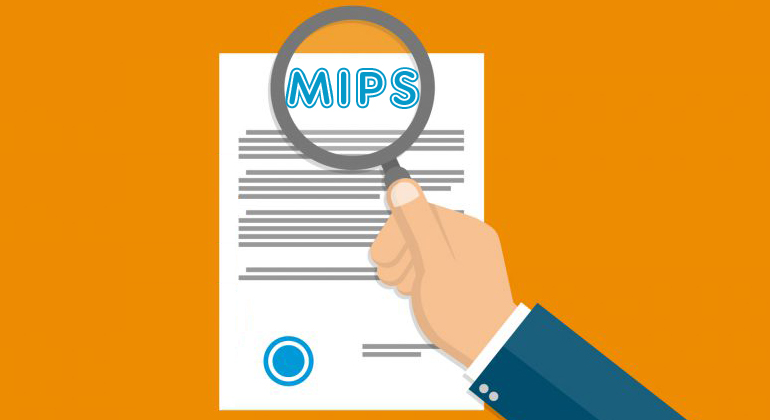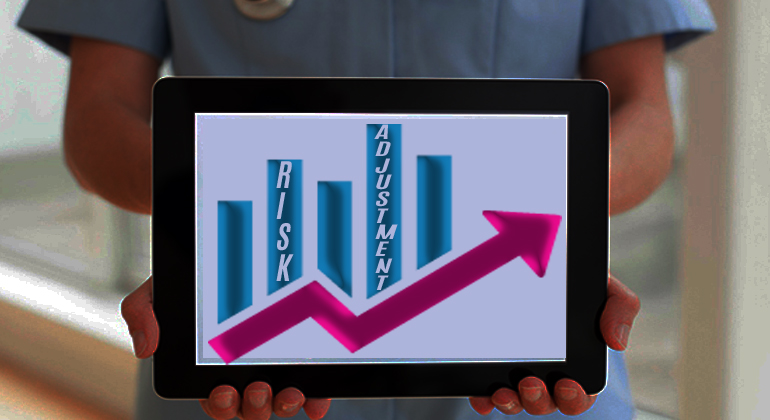Loading...

FAQs about the MIPS
FAQs about the Merit-Based Incentive Payment System (MIPS)
What is MIPS?
The MIPS is one of the two components of the Quality Payment Program (QPP) released by CMS in 2016 with a prediction that 600,000 part B clinicians will be subject to MIPS. The second component of QPP is the Advanced Alternative Payment Models (Advanced APM).
What are the financial and reputational impacts of MIPS?
- A small annual inflationary adjustment to the part B fee schedule and
- MIPS value based payment adjustment which may be incentives or penalties based 100 point MIPS final score.
What is the timeline for MIPS?
CMS released the proposed MACRA rule that contains MIPS in April 27, 2016, final rule was published in October 14, 2016 clarifying the QPP, and first MIPS performance year began in January 1, 2017
What is Advanced APM and its relationship to MIPS?
Clinicians in entities sufficiently participating in advanced APM are exempted from MIPS.
What are the eligibility requirements for MIPS?
CY2017 and CY2018 performance year: physicians, physician assistants, clinical nurse specialists, certified registered nurse anesthetists.
CY2019 and performance years: physical and occupational therapists, speech language pathologists, audiologists nurse midwives, clinical social workers, clinical psychologists, and dieticians.
What are the MIPS categories and how are they scored?
Four categories of eligible clinician performance contribute to annual MIPS final score of 100 points. Quality (60%), Advancing Care Information (25%), Clinical Practice Improvement Activities (15%), and Resource Use (will be weighted in 2018).
How does MIPS impact meaningful use?
MIPS neither impact Medicaid Meaningful Use (MU) nor eligible hospital MU program.
How does MIPS impact PQRS and the Value-Based Modifier?
The MIPS quality performance category inherits aspects of PQRS quality measures and reporting infrastructure created by PQRS program.
5 things to do now to prepare for the start of MIPS
- Educate your organization
- Estimate your MIPS score using your current MU, PQRS, and VBM scores.
- Optimize MU and PQRS/VBM quality to maximize MIS score.
- Evaluate staff, resources, and organizational structure
- Identify CY2017 deadline impacting MIPS participation.




